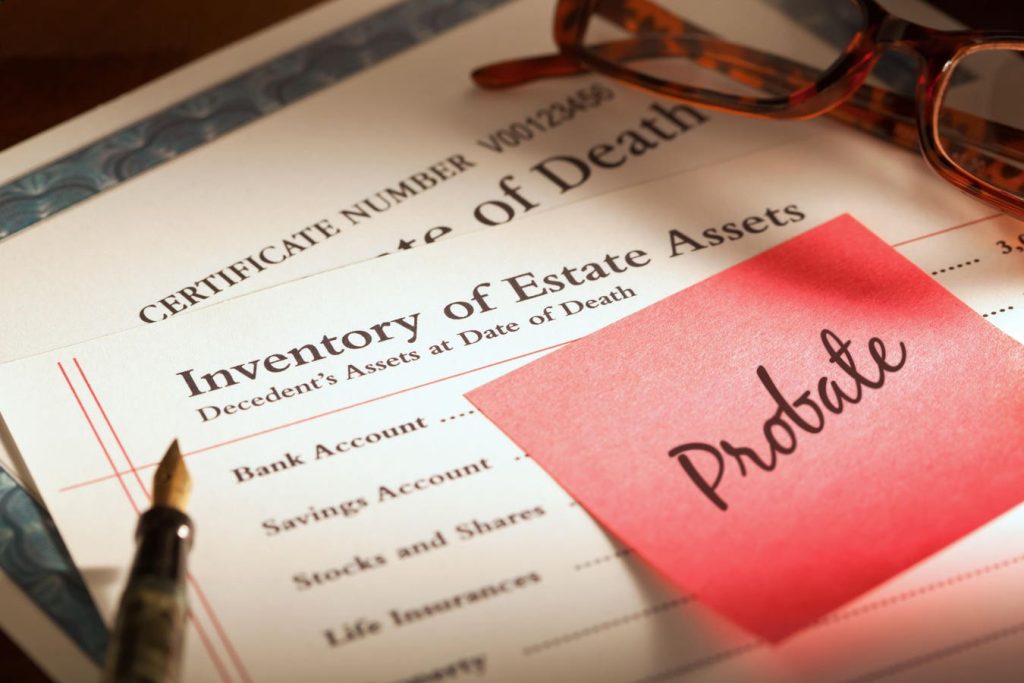Dealing with the loss of a loved one is emotionally taxing, and settling their estate can be overwhelming due to complex legal procedures. The article outlines the sequential steps involved in estate settlement, offering insights on preemptive actions to avoid probate delays. Initial responsibilities include organizing the funeral, securing important documents, and initiating probate. The probate process involves filing essential documents, confirming the authenticity of the will, and informing concerned parties.
In the initial months, the executor must manage the estate’s assets, handle tax obligations, and prepare for the estate tax return if necessary. In the mid to late phases, the executor evaluates the estate’s financial abilities, distributes assets, and considers selling property. The conclusion of the estate involves finalizing distributions to heirs, settling financial matters, and covering administrative costs. Beneficiaries must understand that estate settlement can take over a year before bequests are distributed.
The closure of the estate does not mark the end of responsibilities, as executors must monitor unclaimed property listed in the deceased’s name. To streamline the estate settlement process, individuals can consider estate planning, utilizing revocable living trusts, joint ownership, lifetime gifts, consolidating accounts, updating documents regularly, strategic tax planning, preparing the executor, and seeking legal counsel.
Settling an estate involving unique assets like artwork, vacation properties, or family businesses poses additional challenges. Valuation complexities, liquidity challenges, tax considerations, legal and regulatory issues, emotions, family dynamics, maintenance challenges, succession planning for family businesses, and ownership fragmentation must be carefully managed to avoid problems. Comprehensive estate planning is crucial, including establishing trusts tailored to specific assets, obtaining professional valuations, and fostering transparent conversations with potential heirs.
Proactive and strategic estate planning is essential to protect assets and ensure a smooth transition to future generations. Consulting with estate planning professionals can help tailor a plan that meets individual needs and circumstances, ensuring peace of mind for individuals and their families. Taking steps now to engage in estate planning can help secure a legacy and minimize the risk of familial discord arising from inheritance disputes. Addressing these challenges requires diligent planning and clear communication among all parties involved.













